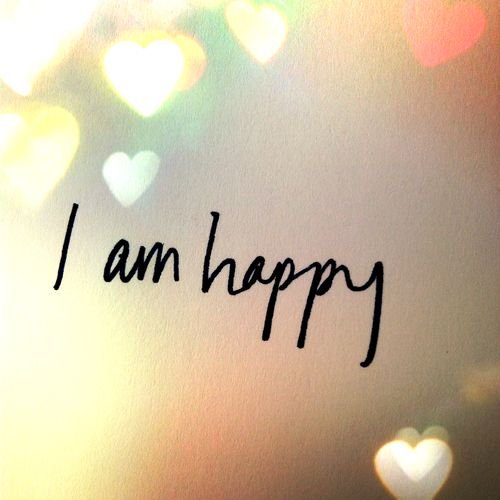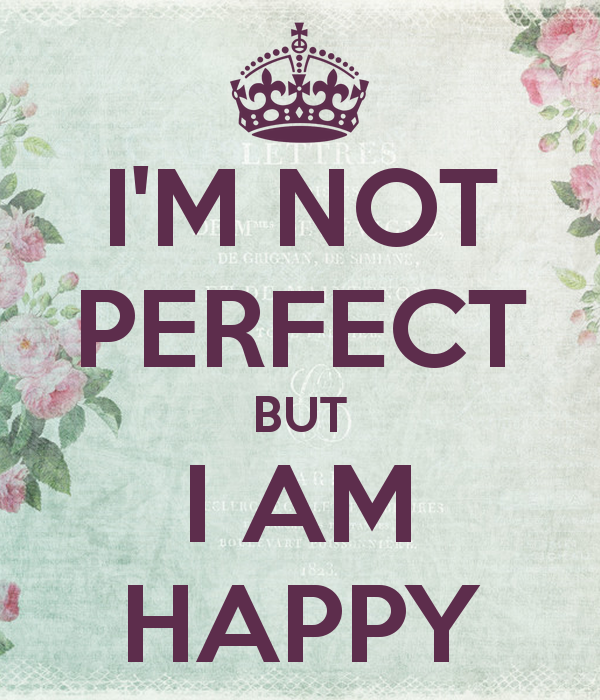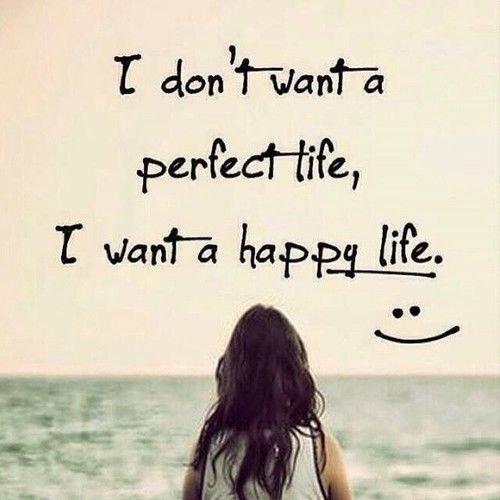"Happiness is like a butterfly: the more you chase it, the more it will elude you, but if you turn your attention to other things, it will come and sit softly on your shoulder."

A popular greeting card attributes this quote to Henry David Thoreau: "Happiness is like a butterfly: the more you chase it, the more it will elude you, but if you turn your attention to other things, it will come and sit softly on your shoulder."
With all due respect to the author of Walden, that just isn't so, according to a growing number of psychologists. You can choose to be happy, they say. You can chase down that elusive butterfly and get it to sit on your shoulder. How? In part, by simply making the effort to monitor the workings of your mind.
Research has shown that your talent for happiness is, to a large degree, determined by your genes. Psychology professor David T. Lykken, author of Happiness: Its Nature and Nurture, says that "trying to be happier is like trying to be taller." We each have a "happiness set point," he argues, and move away from it only slightly.
And yet, psychologists who study happiness -- including Lykken -- believe we can pursue happiness. We can do this by thwarting negative emotions such as pessimism, resentment, and anger. And we can foster positive emotions, such as empathy, serenity, and especially gratitude.

Don't Worry, Choose Happy!!!!!!
The first step, however, is to make a conscious choice to boost your happiness. In his book, The Conquest of Happiness, published in 1930, the philosopher Bertrand Russell had this to say: "Happiness is not, except in very rare cases, something that drops into the mouth, like a ripe fruit. ... Happiness must be, for most men and women, an achievement rather than a gift of the gods, and in this achievement, effort, both inward and outward, must play a great part."
Today, psychologists who study happiness heartily agree. The intention to be happy is the first of The 9 Choices of Happy People listed by authors Rick Foster and Greg Hicks in their book of the same name.
"Intention is the active desire and commitment to be happy," they write. "It's the decision to consciously choose attitudes and behaviors that lead to happiness over unhappiness."

Source: http://www.webmd.com/balance/guide/choosing-to-be-happy
Not citing sources is plagiarism, and copying pasting articles without permission is copyright infringement. If you want to share a news story, simply link to the source, and include your original commentary, and possibly small quotes from the source.
Copy paste is discouraged by the community, and may result in action from the cheetah bot.
Creative Commons: If you are reposting under a Creative Commons license, please attribute and link according to the specific license. If you are reposting under CC0 please consider noting that at the end of your post.
If you are actually the original author, please do reply to let us know!
Thank You! ☙